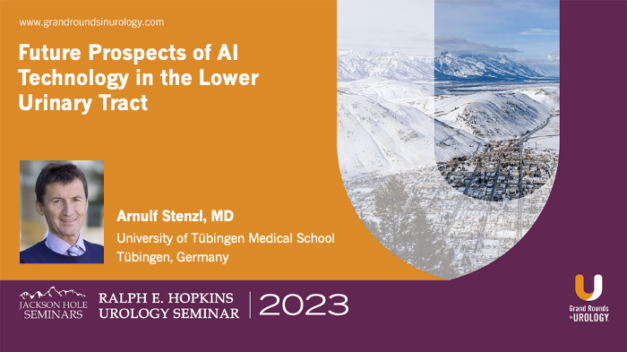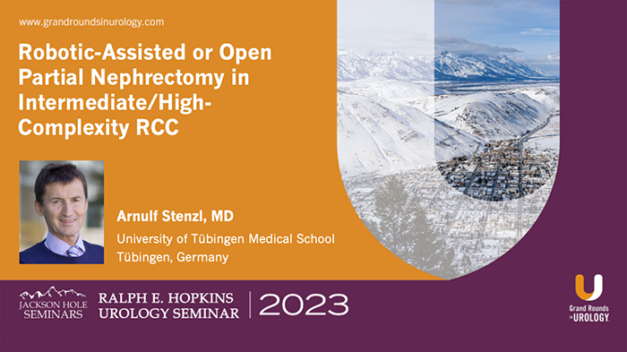Advanced Prostate Cancer: Sequencing of Treatment
Arnulf Stenzl, MD, discusses the challenges of appropriately sequencing advanced prostate cancer treatment and presents possible solutions. In his presentation, he addresses:
Recent and Anticipated Changes in Advanced Prostate Cancer Treatment
The Issue of Physician Information Overload
The Lack of Easily Accessible Comparative Data Between Agents
Possible Applications of Artificial Intelligence in Literature Searches



